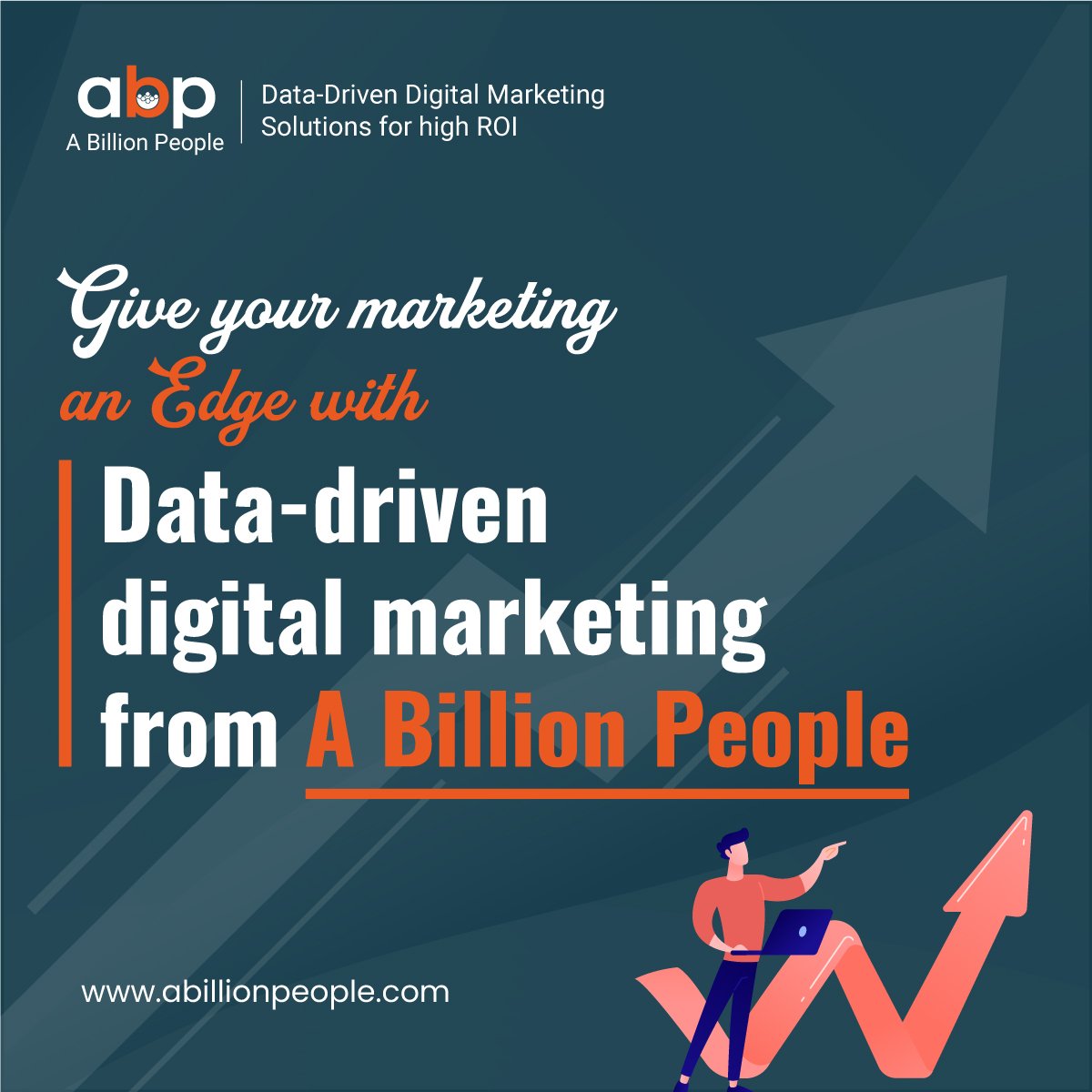Introduction
In today’s dynamic marketing landscape, Artificial Intelligence (AI) has emerged as a cornerstone of innovation, profoundly impacting how businesses connect with consumers and optimize their strategies. Alan Kay’s quote encapsulates the essence of technological evolution, emphasizing AI’s transformative role in modern marketing practices. This blog explores AI’s multifaceted impact on marketers, delving into its applications, benefits, challenges, and future trends.
The Evolution of AI in Marketing
Early Adoption Phases
AI’s journey in marketing began with rudimentary applications in the early 2000s, primarily focusing on market research and customer segmentation. Basic algorithms paved the way for initial data-driven insights and predictive capabilities, marking the inception of AI’s integration into marketing strategies.
Advancements in Machine Learning
The evolution of machine learning algorithms has been pivotal, enabling marketers to harness predictive analytics with unprecedented accuracy. These advancements facilitate deeper understanding of consumer behaviour, allowing businesses to anticipate trends and tailor marketing efforts accordingly.
Integration with Digital Marketing Channels
AI’s integration into digital platforms has revolutionized customer engagement and advertising strategies. From personalized recommendations on e-commerce platforms to targeted advertising across social media, AI optimizes interactions across diverse digital channels, enhancing the overall customer experience.
Core Applications of AI in Marketing
Data Analytics and Insights
AI-driven data analytics empower marketers to extract actionable insights from vast datasets, facilitating informed decision-making and strategic planning. Machine learning algorithms analyse consumer behaviour patterns, enabling businesses to predict market trends and customer preferences.
Predictive Analytics
Marketers utilize predictive analytics to forecast future trends and customer actions based on historical data. This capability enhances campaign effectiveness and resource allocation, optimizing marketing ROI through data-driven strategies.
Real-time Data Processing
AI enables real-time data processing, enabling marketers to respond swiftly to market changes and consumer demands. This agility is crucial in dynamic industries, ensuring proactive adjustments to marketing campaigns for maximum impact.
Personalization and Customer Experience
Personalized marketing initiatives leverage AI to tailor content and recommendations according to individual consumer preferences. This approach enhances customer satisfaction and loyalty by delivering relevant and engaging experiences across various touchpoints.
Automation and Efficiency
AI-powered automation streamlines marketing operations by automating repetitive tasks such as email marketing, social media management, and customer service. This efficiency allows marketers to focus on strategic initiatives and creative endeavours that drive business growth.
AI Tools and Platforms Revolutionizing Marketing Practices
Chatbots
AI chatbots simulate human-like interactions to provide instant customer support and gather feedback. These bots enhance operational efficiency by handling routine inquiries, while human agents focus on complex customer needs and relationship management.
Predictive Analytics Platforms
Tools like Google Analytics and Salesforce Einstein utilize AI to analyse customer data and predict future trends. Marketers leverage these insights to refine targeting strategies, optimize ad placements, and enhance overall campaign performance.
Marketing Automation Software
Platforms such as HubSpot and Marketo automate marketing workflows, including lead nurturing, campaign management, and performance tracking. AI-driven automation enhances scalability and operational efficiency, enabling marketers to manage complex campaigns with ease.
Personalization Engines
AI-powered personalization engines deliver customized content and recommendations based on user behavior and preferences. Platforms like Amazon Personalize and Adobe Target enable marketers to create personalized experiences across digital channels, fostering deeper customer engagement and loyalty.
Challenges and Ethical Considerations
Privacy Concerns
AI’s reliance on consumer data raises significant privacy concerns, necessitating compliance with regulations like GDPR and CCPA to safeguard personal information and build trust with consumers.
Bias in Algorithms
Algorithmic biases inherent in AI models can perpetuate unfair or discriminatory outcomes, impacting marketing decisions and consumer perceptions. Marketers must implement ethical guidelines and bias mitigation strategies to ensure fairness and inclusivity in AI-driven marketing practices.
Transparency and Accountability
Maintaining transparency in AI-driven processes and marketing strategies is essential for fostering consumer trust and accountability. Clear communication regarding data usage and AI’s influence on decision-making enhances transparency and promotes ethical AI practices.
Skill Gaps and Training Needs
AI’s integration into marketing requires marketers to acquire proficiency in data analysis, AI technologies, and ethical AI practices. Continuous learning and professional development initiatives are essential to bridge skill gaps and leverage AI’s full potential effectively.
Skill Enhancement Through AI: The Marketer’s Perspective
Technical Proficiency
Marketers enhance their technical skills by mastering data analysis tools, machine learning algorithms, and AI platforms. This proficiency enables them to harness AI’s capabilities in optimizing marketing campaigns and driving business growth.
Creative Adaptation
AI stimulates creativity by generating insights and innovative ideas derived from data analysis. Marketers leverage AI to identify emerging trends, create compelling content, and develop innovative campaigns that resonate with target audiences.
Collaboration and Integration
Cross-functional collaboration between marketing, data science, and IT teams is critical for successful AI implementation in marketing strategies. By fostering synergy across departments, organizations maximize AI’s potential to achieve strategic objectives and deliver seamless customer experiences.
Future Trends and Innovations
AI in Voice Search Optimization
The rise of AI-powered voice assistants like Siri and Alexa underscores the importance of optimizing marketing strategies for voice search. Marketers must adapt SEO practices to cater to consumers using voice-activated devices, enhancing brand visibility and accessibility.
Augmented Reality (AR) and Virtual Reality (VR)
AI enhances immersive experiences through AR and VR technologies, enabling marketers to create interactive campaigns that engage consumers in virtual environments. These innovations redefine brand interactions and consumer engagement, fostering memorable brand experiences.
Real-Time Decision-Making
AI’s real-time data analysis capabilities empower marketers to make informed decisions promptly. By monitoring customer behaviour and market trends in real-time, businesses optimize marketing strategies for agility and responsiveness in dynamic market environments.
Ethical AI Development
Industry initiatives promote ethical AI practices and responsible innovation in marketing. Marketers prioritize transparency, fairness, and accountability in AI-driven strategies to build consumer trust and uphold ethical standards in data usage and decision-making.
Conclusion
Artificial Intelligence represents a paradigm shift in marketing, offering unprecedented opportunities for innovation, efficiency, and customer engagement. While AI enhances marketing capabilities, its adoption necessitates addressing challenges such as ethical considerations, privacy concerns, and skill development requirements. By embracing AI responsibly and cultivating necessary skills, marketers can leverage AI’s transformative power to drive sustainable business growth and deliver compelling customer experiences.
As AI continues to evolve, marketers must uphold principles of transparency, ethical stewardship, and consumer trust to maximize AI’s potential and achieve long-term success in a digital-first era. By integrating AI into marketing strategies effectively, businesses can navigate complexities, capitalize on emerging trends, and propel their brands toward future prosperity.


















